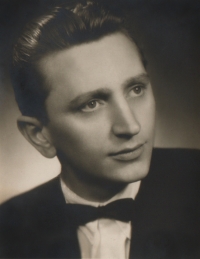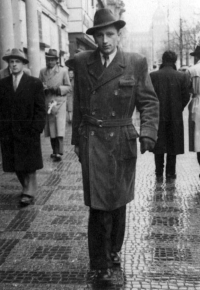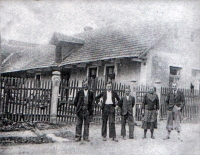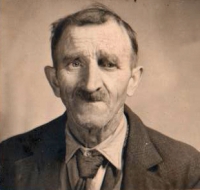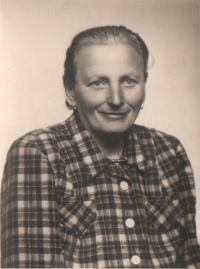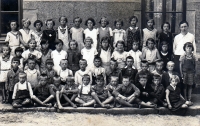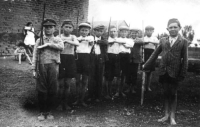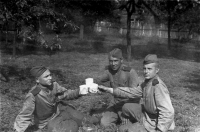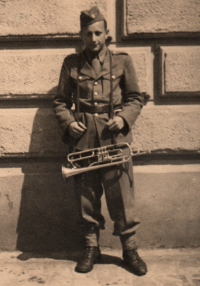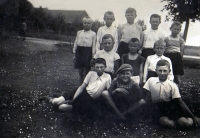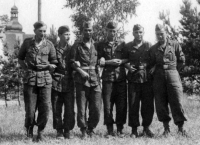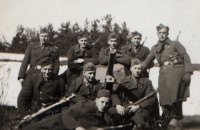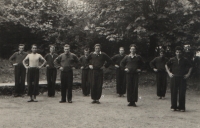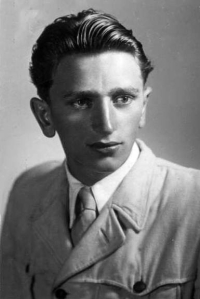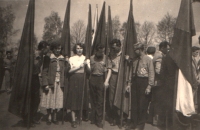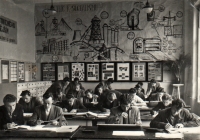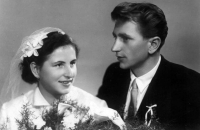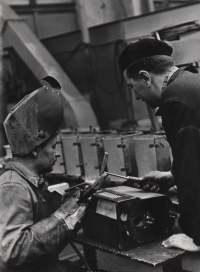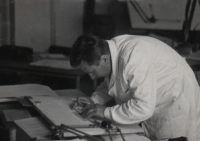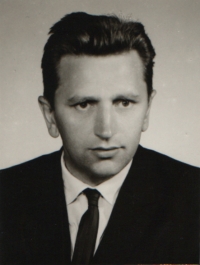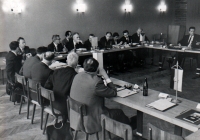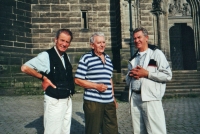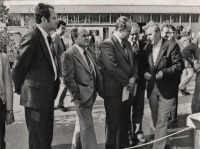We lived so that we didn’t have to bend down
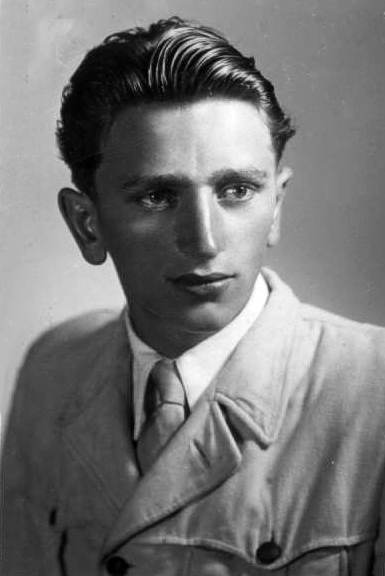
Download image
Oldřich Jelínek was born on November 2, 1926 into a family that owned a small farm and his father made extra money as a bricklayer. His mother Anna was a Catholic and his father Václav an atheist, which he became after his experiences during the First World War. The witness spent his childhood in Stará Skřeněr near Nový Bydžov. Oldřich has been interested in technology since childhood. In the village, they were among the promoters of the technical conveniences of that time. They were the first to own, for example, a dynamo, a radio or a motorbike. During the occupation, the family provided food aid to Mr. Wolf’s wife, as Mr. Wolf had to go to a concentration camp. During the war, he experienced an unsuccessful attempt to steal property by the Gestapo from his employer at the Bous company. When he was fully deployed during World War II, he tried to get along with the Germans and not risk sabotage. At the end of the war, during the disarmament near the sugar factory near Nový Bydžov, he experienced a gunfight during which he took escaped French prisoners to a safe place. After the war, he went to the borderlands, where he first worked in the National Reconstruction Fund in Liberec and documented German property against theft. Later he worked in glass factories in Jablonec nad Nisou and in Děčín in various positions and always gained a respectable position everywhere. According to his words, he was never actively interested in politics, unlike technology and self-education. He got married in Děčín in 1953. In the same year, he refused to cooperate with State Security. He joined the Communist Party a year earlier without any particular involvement, but after the events of August, the party revoked his membership in 1970. In 1964, he invented a catalytic conventor for forklift trucks and received three patents and an award from the then minister. In the 1960s, he moved to Chrudim, where he worked in Transport - he worked there until his retirement in 1986, when he found an interesting side income. Thanks to this, during the Velvet Revolution, he participated in a public opinion poll commissioned by the Communist Party after November 17, 1989. After the revolution, he and his wife founded a successful stamp company, which they later sold. In 2022 he lived in Chrudim.

